Baby Boomer and Senior Life Stage Market Opportunities
August 5, 2013According to the latest Google data, the percentage of baby boomers and seniors that are using the internet is growing steadily each year. So far in 2013, 78% of baby boomers and 52% of seniors are actively online and embracing the internet as a resource.
Google findings indicate that both television and online media are the strongest vehicles for generating awareness among baby boomers and seniors. However, online media also drives action via website visitation, content sharing, and commerce. On average, 82% of boomers and seniors use internet search to gather information on a topic of interest; 80% of those who do, have taken action afterwards. This pattern of behavior has widespread implications for real estate internet marketing.

Integration of television and online marketing
Integrating television and online marketing benefits real estate companies by reaching their target market demographic more effectively compared to other channels.
Research done by a Thinkbox study in 2010 indicated that using TV and online marketing would lead to a 47% increase in positivity towards a brand than using either in isolation. The findings also showed that likelihood of purchase increases by more than 50% when TV and the internet are used together in advertising.
For the majority of the 55+ population, the internet appears to be the ultimate source to access the most up-to-date, reliable news and information and to search for services or businesses relevant to their interests. According to a Hitwise report, Foxnews.com, Weather.com, and Bloomberg.com were some of the top sites visited by the 55+ age group in 2013. Baby boomers and seniors are eager to learn about the latest current events. When they become aware of issues (usually those related to themselves or the welfare of their group), many of them head straight towards the search engine for answers. After gathering information, 4/5 of these searchers go on to take action via content sharing, website visitation, commerce, etc. The continuing popularity of television, especially among the aging crowd, is something that should also not be neglected. In an average week, boomers/seniors spend around 16 hours watching television, which is only 3 hours less than the amount they spend surfing the web. These two media mediums evidently play considerable roles in people’s lives.
Businesses should incorporate their TV advertisements in local or national television channels that baby boomers/seniors often watch to stay tuned with attention-grabbing issues such as those involving retirement, healthcare, and social security (It may also be more effective if the ads themselves were retirement related). As mentioned in the beginning, television watching can serve as the catalyst that prompts viewers to do further info gathering on the internet via search engines. When this kind of multi-screen viewing occurs, boomers and seniors are more likely to perceive a brand more positively, to make an impulse purchase, to share findings with someone else, and more.
The type of devices this age group uses to look up information is also significant to how predictable their patterns of behavior are. Besides the PC or Macbook, today’s older adults are proving their tech-savyness with the popular Android phones and iPads and even juggling multiple screens at the same time. Around 30% of them regularly use their smartphones and up to 20% of them have a tablet. Mobile device users tend to use their smartphones or tablets to either search up information on the web or make online purchases. Interestingly 26% of older tablet users would contact businesses or organizations while only 16% of older smartphone users would do the same. Understanding the trend of how the boomers and elders are looking up information and taking action could help real estate companies craft their marketing tactics that optimize when and how a specific target group of clients views their propositions
Television and online media integration is a great potential market opportunity that real estate businesses can explore to amplify the effectiveness of either practice. Both platforms should be used in conjunction towards capturing the attention of interested clients, building a strong real estate brand in their minds, and generating qualified leads. Element-360 suggests that businesses interested in this kind of synergetic strategy should brainstorm various methods to optimize television for search engine optimization.








